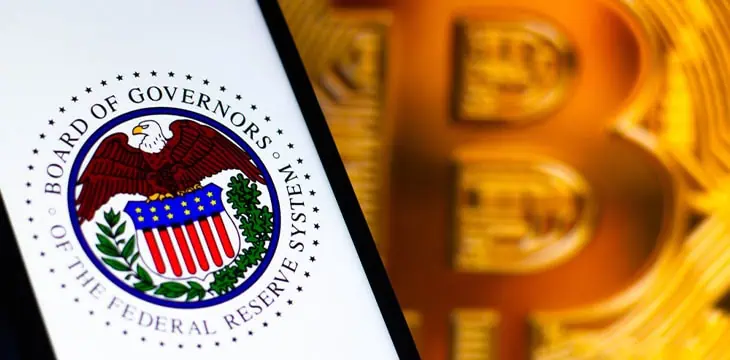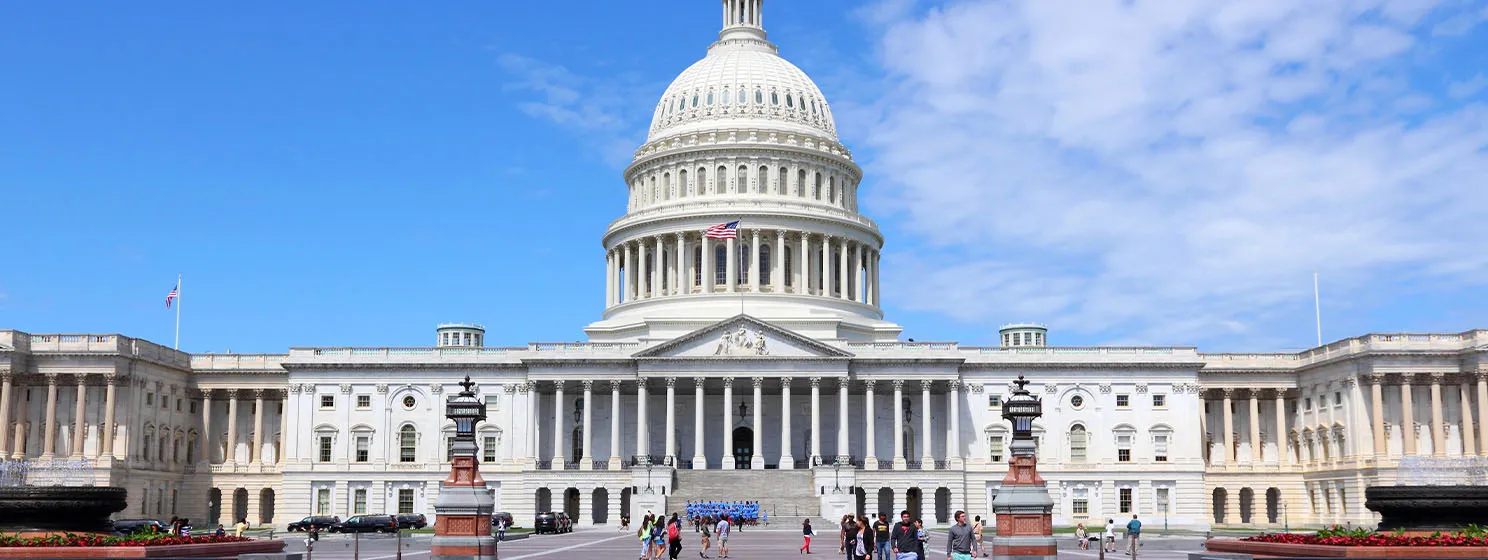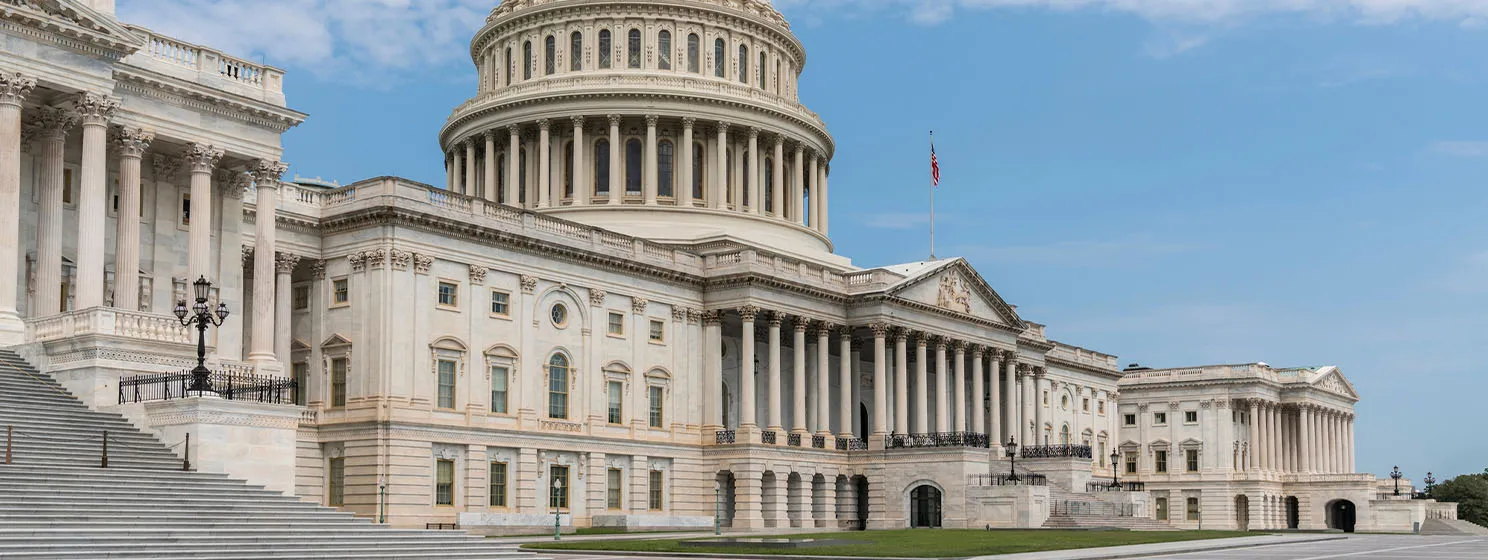
Bank Secrecy Act
House committee okays STABLE; Circle’s deal with Coinbase devil
A U.S. House of Representatives committee has advanced the STABLE Act, while Circle's IPO has exposed its unhealthy relationship with...
Even more bad news for Tether as US passes GENIUS Act
As of March 13, the U.S. Senate Banking Committee passed the GENIUS Act, meaning it will now be debated fully...
‘Crypto’-friendly Customers Bank hit with Fed Reserve enforcement action
The Fed Board hit Customers Bank with an enforcement action after results of inspections carried out by the central banking...
SEC, California, Federal Reserve beat Silvergate Bank’s dead horse
The U.S. securities regulator announced that it had filed charges against Silvergate Capital Corporation, which operated the California-based 'crypto-friendly' Silvergate...
Binance.US suspends USD deposits as senators call for DoJ investigation
Two prominent U.S. senators are calling for the Justice Department to investigate Binance over false statements the company made to...
CFTC sues decentralized autonomous organization and its token holders
The U.S. regulator settled with bZx founders for $250,000 for illegal margined and leveraged commodity transactions, while also suing the...
Recent
Trending
Most Views

 07-12-2025
07-12-2025 




























